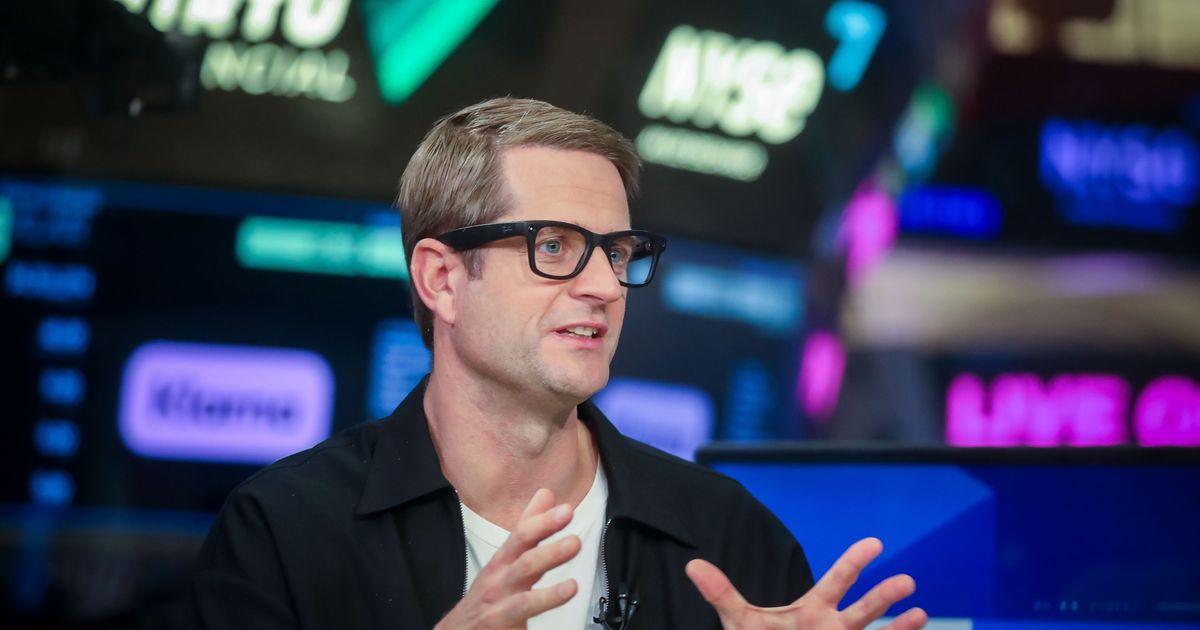From technology companies to translators, the world does not yet have the effects of artificial intelligence that eliminates a large number of posts, according to one of the most vocal supporters of artificial intelligence in the financial sector. The CEO of Klarna Group, Sebastian Siemiatkowski, said in an interview with Bloomberg TV: “I feel that many of my colleagues in the technological sector deviate slightly from the essence of the subject when discussing the matter. He added: “Society will have to decide what we are going to do. It is true that new jobs will be created, but in the short term it will not help a translator in the European Union. He will not affect YouTube overnight.” Klarna hires employees after relying on artificial intelligence. Klarna, who is known for his product ‘Buy now, pays later’, made great investments in artificial intelligence, especially with Siemiatkowski announcing in 2023 that it would make the company the ‘preferred experimental field’ for Openai. This enthusiasm is partly driven by the need that Klarna tries to cut costs after the FinTech boom ends. Also read: It is not limited to job losses. These are the most important risks to artificial intelligence. While this approach enabled “Klarna” to stop hiring for more than a year, and reduce the number of employees from 7,400 to about 3,000 employees, while raising wages at the same time, the company discovered that the capabilities of artificial intelligence are someWhat limited, so “Klarna” appointed customer service employees earlier in the year to ensure that users are always able to talk to a human, and siemiatkowski noted that the company does not make a significant use of artificial intelligence in credit decisions. “Klarna” expands its electronic money services. However, the Swedish CEO remains convinced that artificial intelligence can address customer problems at the same level, or even better. He said: “A lot of confidence can be built by directing artificial intelligence to perform specific types of tasks because of the consistency and quality of performance.” Klarna became public on the New York Stock Exchange in September and has grown to more than 114 million customers, more than many traditional banks. “Of course, not all of these clients are still using our banking, but that must be what we strive for,” Siemiatkowski explained. The company received a license this year to issue electronic money in the UK, allowing it to provide more financial services and compete with companies such as Revolut. A radical shift in the role of banks. The CEO of Klarna expects the revival in artificial intelligence the end of what he describes as ‘excessive profits’ in banking and software sectors, with rapidly moving competitors exceeding traditional legacy businesses. Also read: Google challenges Microsoft and “Openai” in the artificial intelligence breed for businesses. He continued: “Traditional banks are likely to turn into pure financial institutions. They basically have major financial resources and seek to achieve the highest possible return on shareholders’ equity. That’s all.” On a personal level, Siemiatkowski is still eager to use AI “All the Time”, and earlier this year he chose the so -called “vibe coding” to explore Klarna’s core code base. He said, “My wife complains about this, so if the kids go to bed, I tell her,” Can I practice a little interactive programming? ” So she is not very happy.
“Klarna”: An artificial intelligence-induced workshake comes … and the world is not prepared
